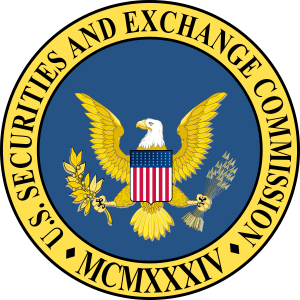
Ever thought that investing in startups could be really profitable? If yes, these are precisely the type of investors that Gregory W. Gray Jr. and his firms, Archipel Capital LLC and BIM Management LP, have been looking for.
According to an announcement made by the U.S. Securities and Exchange Commission (SEC), Mr. Gray has been running a couple of schemes, alleging that he was investing money in popular Startup companies, when in fact he was merely defrauding investors of their money and paying back older investors in his funds.
He allegedly set up a number of venture capital investment funds, operating from Buffalo, N.Y., duping his victims into thinking that he was using their money to purchase shares of Twitter and Uber Technologies.
According to the SEC, the companies of Gregory W. Gray Jr., Archipel Capital LLC and BIM Management LP, pitched to investors that they would be purchasing shares of now publicly listed social media network, Twitter, before the IPO in November 2013.
After managing to purchase about 80,000 shares instead of the 230,000 which he could have done with the $5.3 million raised from investors, Mr. Gray has been pressured by them to deliver on his promise to them.
In order to make up the difference in missing funds he turned to tapping three other funds to pay out his Twitter investors.
The shortfall was mostly covered by one big backer who was told that his funds would be used to purchase a $5 million stake in Uber Technologies. Gray doctored some documents to show a purported stock purchase agreement to his client, which he manufactured from using documentation from a different company.
The Director of the SEC’s New York Regional Office, Andrew M. Calamari, said, “Gray sold investors on a seemingly great idea to acquire pre-IPO shares of high-profile companies like Twitter and Uber at a low price. But rather than come clean when he failed to invest as promised, Gray stole from investors to cover his misdeeds.”
The SEC filed a component with the U.S. District Court of the Southern District of New York, seeking preliminary relief and a temporary restraining order, permanent injunctions and disgorgement against all defendants and a financial penalty.
The SEC’s complaint names several relief defendants associated with Archipel Capital and BIM for the purpose of recovering proceeds they received from the fraud.


















